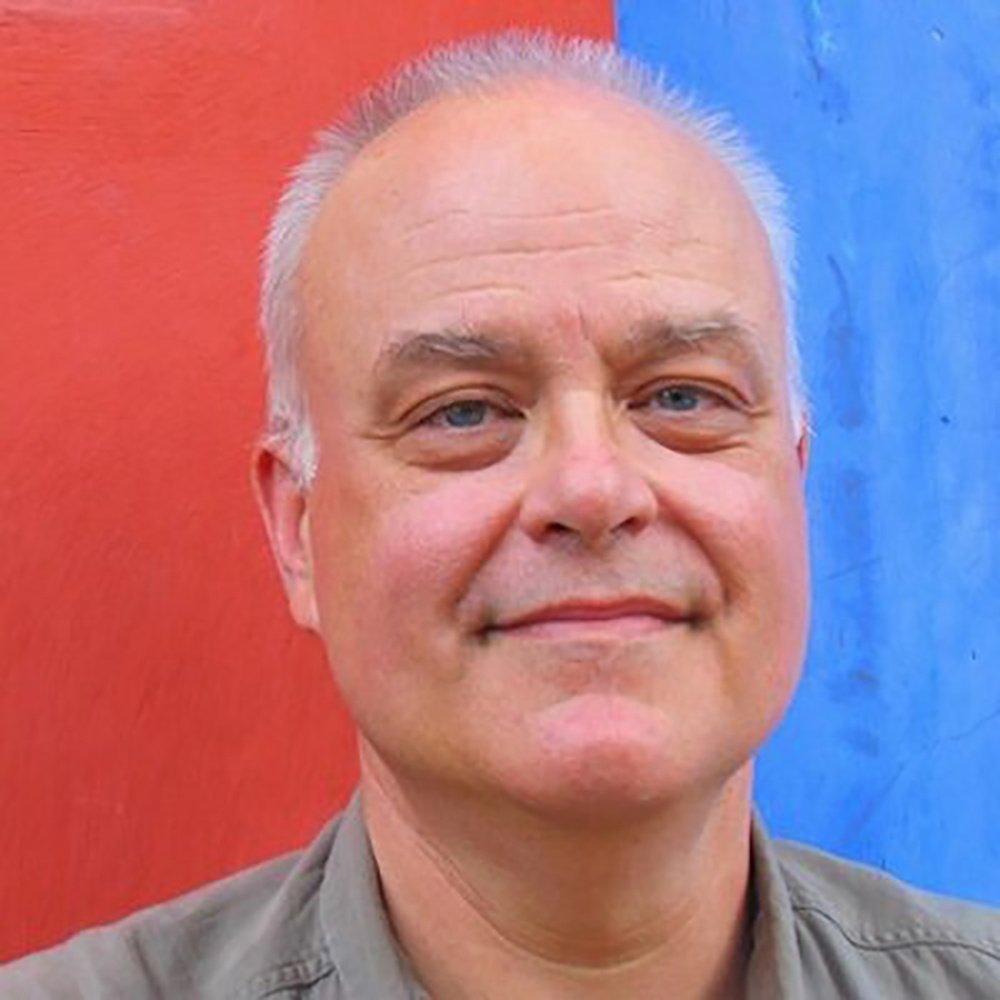Sanctioning lies infringes upon U.S. citizens’ right to free speech, journalist and legal scholar Garrett Epps said at an event Wednesday.
The event, titled “The Right to Lie,” was hosted by the Free Speech Project and the Georgetown University Lecture Fund. The Free Speech Project, a student- and faculty-run nonpartisan initiative that works to assess free speech across the United States, hosts monthly discussions on campus on topics concerning free speech.
Whether the government should be able to restrict free speech it deems false or defamatory is an especially relevant question given the rise of social media, according to Epps. Social media has created greater platforms for all perspectives, including those that are not truthful, Epps said.

“A lot of people began to think, ‘Well, you know, we need to look very carefully at what is allowed and what isn’t allowed,’” Epps said. “And we’re still dealing with that question, and we’re dealing with it in a very complicated, fast-moving and in many ways maligned media landscape that nobody’s really prepared for.”
President Donald Trump has used social media to tweet 3,083 false or misleading statements between the start of his presidency and January of this year, according to The Washington Post. Such statistics raise the question of whether false speech should be regulated, according to Epps.
While people should continue to discuss concerns regarding the proliferation of false speech and possible ways to address this issue, allowing the government to decide what should be considered false speech will only lead to an abuse of power, according to Epps.
“You don’t want the government coming in and deciding this is true and this is false; or this is too rude, you can’t say that; or this is too inflammatory, you can’t say that. Because history shows us that governments who have that power inevitably will abuse it,” Epps said. “And either just abuse it in the sense of being just sort of heedlessly bureaucratic or deliberately attempting to skew and suppress criticism of the government and points of view that it finds to be inimical.”
People who argue the law should not protect false speech are primarily concerned with defamation, according to Epps.
“We don’t want to live in a society where there’s no boundaries on what people can say,” Epps said. “The idea that we don’t protect false statements of fact that injure people’s reputation and the law of defamation is very old; it’s very highly developed. We know how to assess when someone has suffered damage as a result of false and defamatory statements about them.”
However, while the precedents set by defamation laws do condemn some false speech, they do not imply the government has the right to suppress any speech it deems false, Epps said.
“Out of that enormous well of case law, going back well before the settlement of the New World, we have this proposition that falsity, false and defamatory speech, has no value at all,” Epps said. “But that doesn’t create, as it’s quoted, a general principle that if something is false, government can suppress it.”
Epps has been a professor of law at the University of Baltimore Law School since 2008, where he teaches “Constitutional Law” and “First Amendment” and specializes in constitutional law.
U.S. citizens and policymakers should not become complacent with current free speech laws and instead should constantly reevaluate and reexamine them, according to Epps.
“If you bring in someone like myself who makes his living teaching the First Amendment, you are very likely to have someone tell you that we’ve struck the appropriate balance, so, you know, the American law of free speech is great,” Epps said. “I don’t know that I want to take that position because I think that any regimen of free speech has benefits and it has costs, and we are constantly reassessing what the costs are.”




















